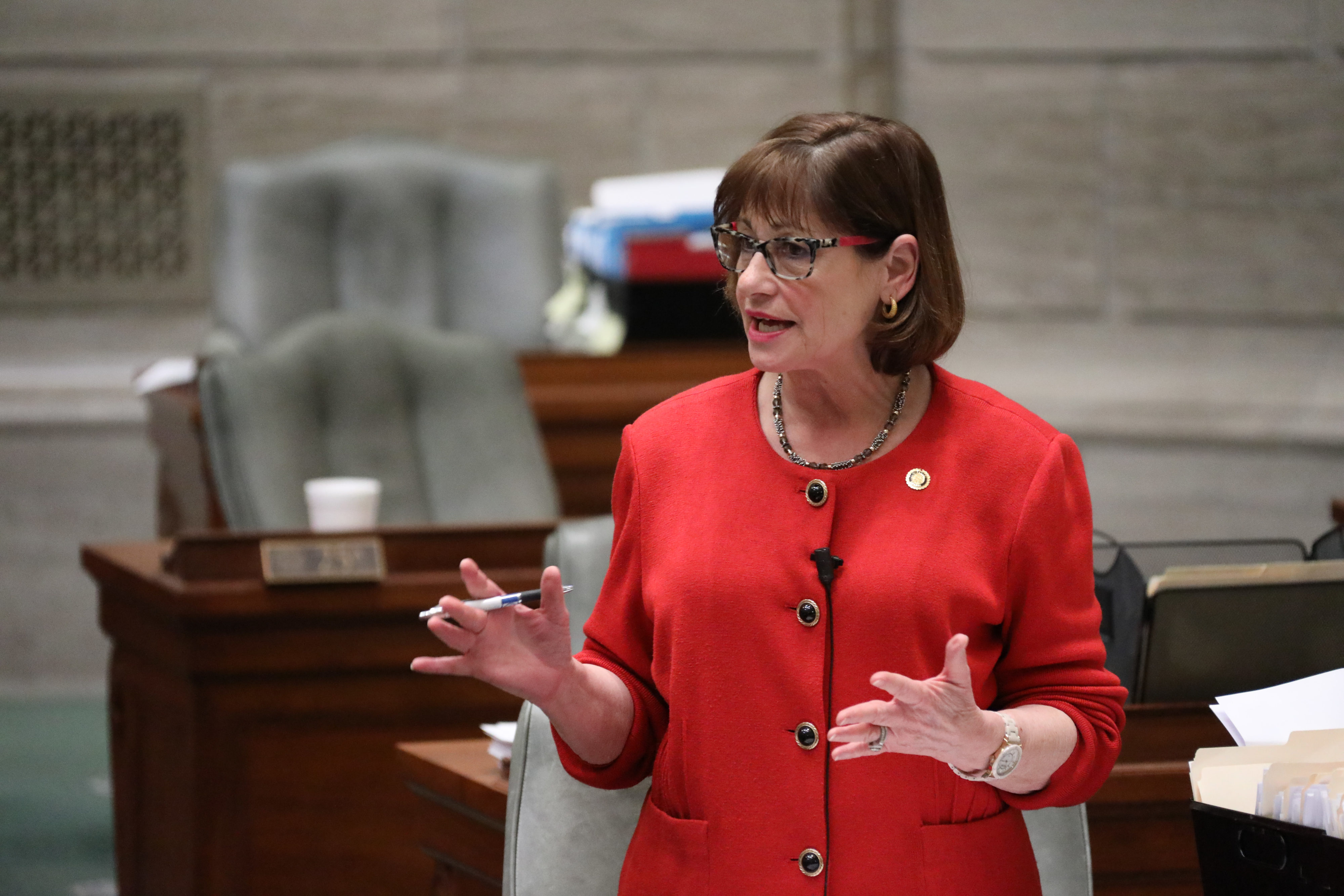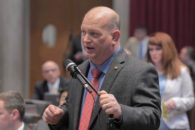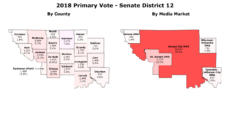As this session nears its finale, a handful of bills focused on utility reform are progressing through the legislature — but not without input from Sen. Jill Schupp.
Schupp debated two pieces of utility legislation last month, negotiating with bill sponsors to reach compromises while speaking on the roles of Missouri’s Public Service Commission (PSC) and consumers in the state’s utility industry. She pointed to the commission’s oversight as an essential part of the balance between monopoly utilities and ratepayers.
“The PSC’s ability to oversee them is based on the fact that somebody needs to be a proxy for the market,” Schupp told The Missouri Times. “Since they have no competition, nothing is driving their prices down unless we put into place good laws and have good oversight from the PSC to make sure that what they’re spending is prudent and to make sure they are providing reasonable and safe services at a fair price.”
One such bill that Schupp worked on was a proposal to allow water and sewer companies to request small rate adjustments every six months for infrastructure and maintenance rather than wait for a substantial rate case every three years as they do under current regulations. St. Louis County, which is partially represented by Schupp, implements its own version of the system. She said she fought to ensure the PSC could maintain its ability to oversee rates throughout the eight-hour perfection debate, citing different rates in the capital city compared to home.
“I look at my bills, both here in Jefferson City and back home, and over the past several years the additional surcharge at home has been confounding to me since we’ve been the only area of the state that had it,” she said. “The charge was for a specific problem at a specific time to get water mains under control and to allow our monopoly utilities to take care of the problem and provide safe and reasonable service to the ratepayers that they serve.”
Another bill, debated over two days on the upper chamber’s floor the following week, began as a securitization bill — allowing companies to request authority from the PSC to issue bonds to finance energy transition costs — and ballooned to an omnibus utility bill before coming to the floor. Schupp praised the base intention of the bill, but she opposed the number of provisions and took part in several hours of negotiations with interested parties before the version was perfected.
“Part of the bill is making sure that we’re moving toward renewable energy sources,” she said. “They will be less expensive, but they also mean that we will have a safer environment while we’re in the midst of a climate crisis that we need to move away from. It’s important to note those are the big reasons I’m willing to support the bill. Even with cold snaps and unusual weather, what we know is we need oversight to make sure that a monopoly, which has a captive customer, there’s a balance and an ability to earn what is needed and to not over earn.”
Another big utility fight is possible on the horizon this year; leadership in both chambers and the executive branch threw their weight behind a pair of bills that would hamper the Grain Belt Express project’s ability to construct above-ground transmission lines and use the power of eminent domain. The project was granted authority by the PSC in 2019, and it’s another issue she would oppose if it made it to the floor.
“Eminent domain is a tool; sometimes it is a necessity to utilize it for the greater good,” Schupp said. “I think it should be used sparingly and in a limited way, but I think the Grain Belt Express is an important opportunity for us, and I am not going to support the legislation that undermines our ability to reach that.”
Ultimately, Schupp’s attention to utilities this year came from a concern for ratepayers across the state and a belief in the commission’s regulatory role.
“These bills affect every single one of my constituents and all of our constituents throughout the state,” she said. “I think we need to ensure that our Public Service Commission is allowed to maintain its ability to be independent and to have the tools they need to look at rate cases in total — that is the best way for them to be able to make decisions.”

Cameron Gerber studied journalism at Lincoln University. Prior to Lincoln, he earned an associate’s degree from State Fair Community College. Cameron is a native of Eldon, Missouri.
Contact Cameron at cameron@themissouritimes.com.





































